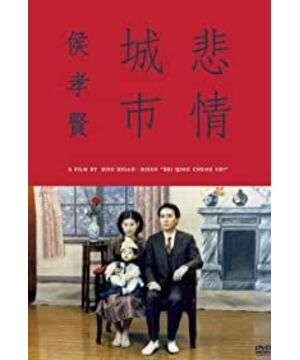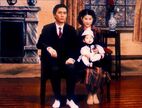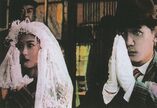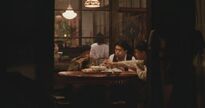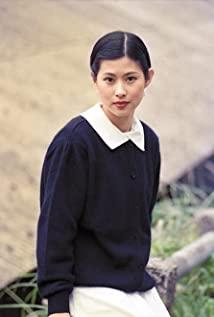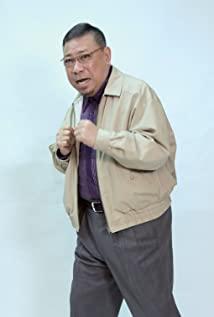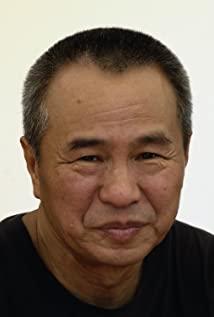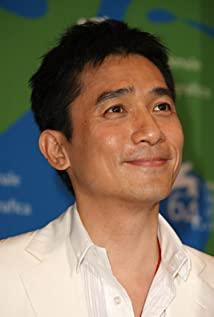Both films use the most emotionally throbbing words as the film titles. In my opinion, "Sad City" uses sadness to say sadness, placing the entire stage in the background of the "228" incident in 1947. In the novel, the death of the four brothers, the madness of the madness, the "missing" of the "missing", depicts the tragic tragedy of the family's unbroken death from the front. The "Wedding Banquet" is based on sorrow and joy. Starting from the intervention of the two old people, the emotional entanglement and transformation between Wei Tong, Wei Wei and Simon are described very naturally. Same-sex marriage and hetero-sex marriage are already in the film. blurred boundaries.
Both directors have a deep national complex, but they express it in different ways. Hou Hsiao-hsien in "City of Sadness" put his political views in the film and said in the words of his elder brother: Taiwanese are the most pitiful, for a while the Japanese, and for a while the Chinese, no one cares. Very direct and helpless. And Ang Lee in "The Wedding Banquet" used a more witty way to integrate the Chinese nation with foreign cultures, but the difficult situation was shown. Especially in the climax of the film, the Chinese wedding that was a fake drama and was actually done in the movie. It is an absolute irony that the American stunned bystanders ended in farce.
Other elements worthy of comparison are the performance of the actors. Liang Chaowei and Xin Shufen in "Sad" were Hou's favorite actors back then. They even "changed" their characters into deaf-mute people because Liang couldn't speak Hokkien. The sips are wonderful. The performances of Zhao Wenxuan and the foreign actors in "Happy" are quite satisfactory, but the performance of the two parents is even more brilliant, especially the father played by Lang Xiong. It is the forbearance of homosexuality, and then to the "manly" dialogue with Simon, all of which reveal the greatness of a father, but the performance of the heroine Jin Sumei is greatly reduced. It is said that he has become a well-known politician now, or he has found a career that suits him. The second is the soundtrack. As far as the soundtrack is concerned, "Sorrow" is obviously better. This kind of empty inspiration and sense of loneliness in the style of Sakamoto Ryuichi is really hard to listen to. Sure enough, this kind of soundtrack was popular in Asian movies in the 1990s, which makes people have to think Takeshi Kitano. The third is the poster. Personally, I prefer the poster of "Hi". Whether it uses comics, fonts or characters as the poster, it highlights three people, especially the font poster. Double happiness has become three happiness, and the details are worthy of praise.
Some people say that it is difficult to film the history of family changes with many characters on the big screen, but I think it is difficult to film a similar subject well. Therefore, compared to the grandeur and ambiguity of "City of Sadness", I prefer the exquisiteness and directness of "The Wedding Banquet". In addition, "City of Sadness" is recognized as the pinnacle of Hou Hsiao-hsien's work, and "The Wedding Banquet" among Ang Lee's works should also be regarded as an excellent work. Coincidentally, both films were shot by the director at the age of 40. The subsequent works, one explored the niche and the other developed for the public, but neither surpassed the above two works. Does this also fulfill the sentence: after the age of 40, what else can be done?
View more about A City of Sadness reviews


